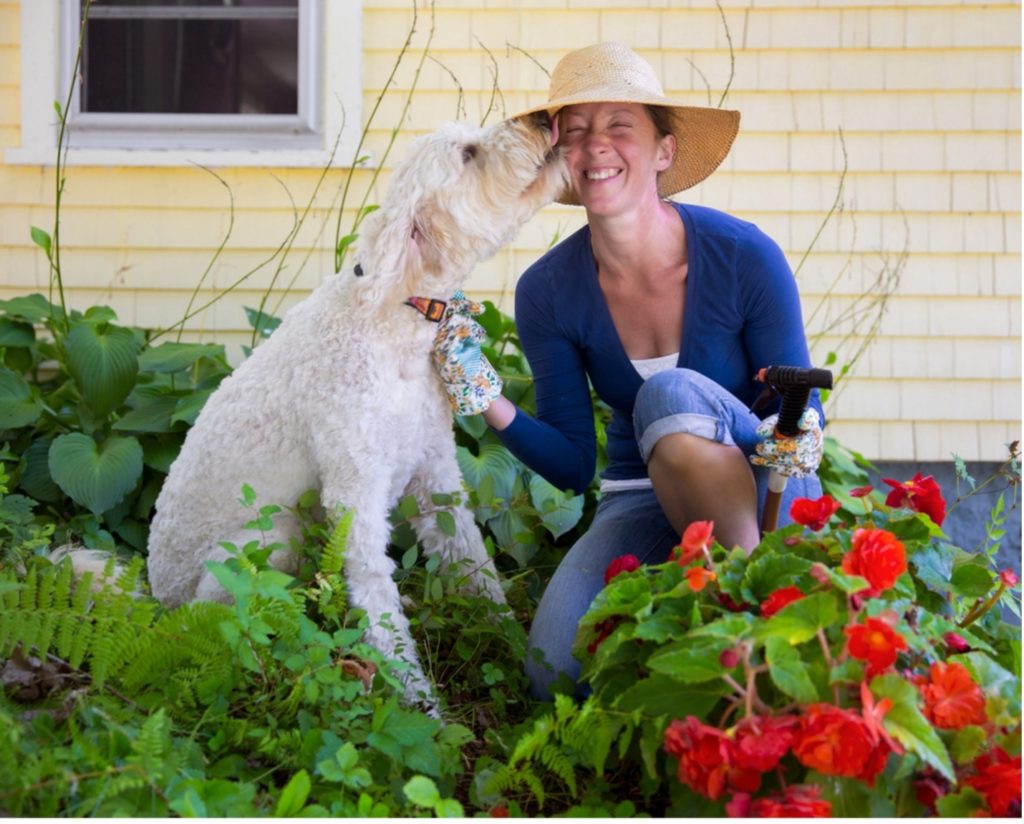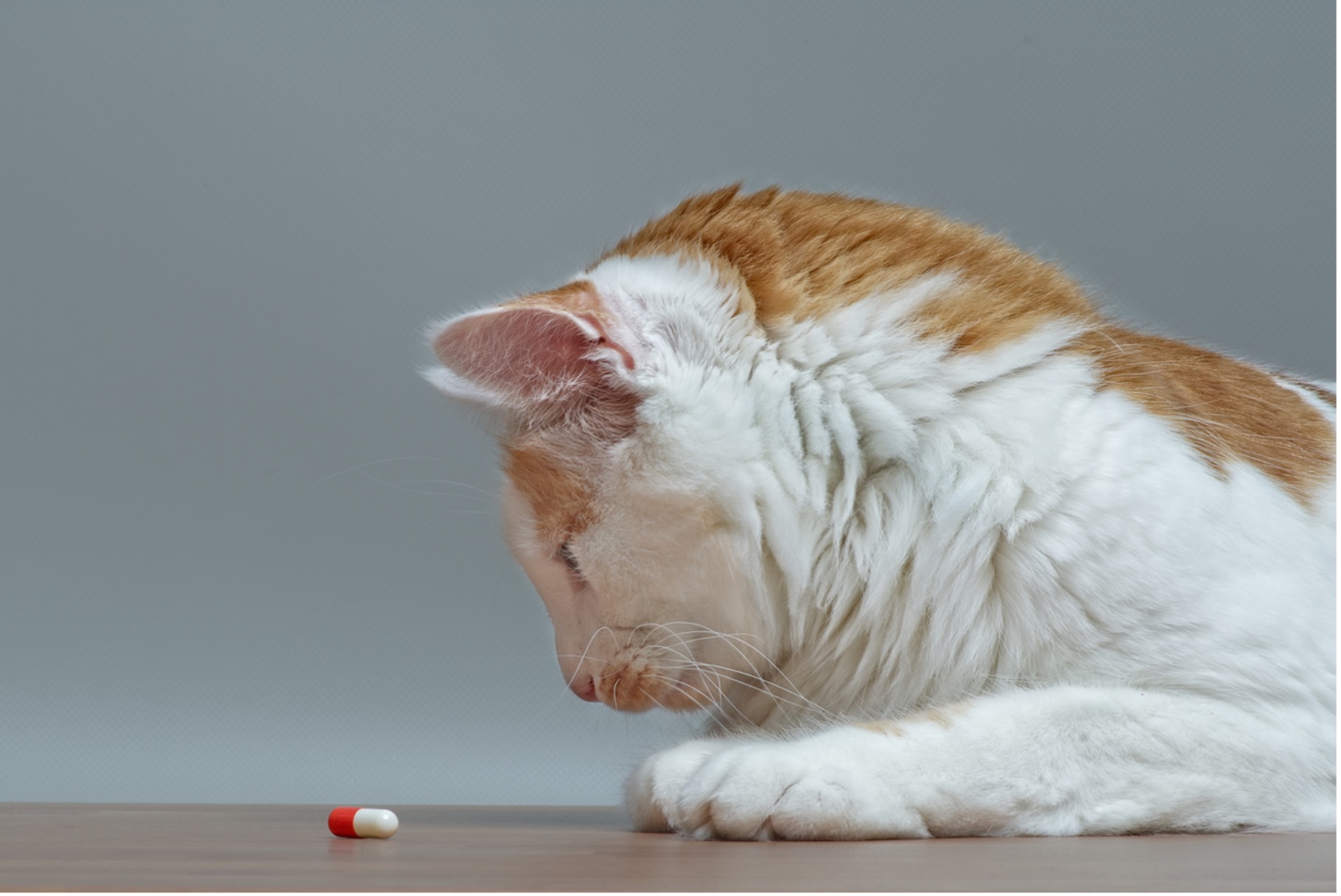Accidental ingestion of pet poisons can occur quickly and without warning. Knowing how to spot commonly found indoor and outdoor pet poisons is essential to keeping them safe. From human medications to household cleaning products, read on for a list of potentially dangerous items and tips on avoiding accidental poisoning.
Identify Basic Household Pet Poisons
It’s essential to be aware of potential poisons in your home, like cleaning solutions, medications such as painkillers, blood thinners, antihistamines, etc., and vitamins that can be very dangerous for your pet. Please do not keep them in areas accessible by animals, such as tabletops, shelves, or countertops. Make sure all bottles are labeled correctly and store any potentially hazardous items where your pets cannot get at them.
If you have a clever pet that can open cupboards, you can put child locks on the cupboard doors to keep your pet safe.
Here are some household products that are poisonous to pets:
- Cleaning solutions: Bleach, ammonia, chlorine, formaldehyde, phenol, and isopropyl alcohol are often used in cleaning products – all of which can be harmful to pets. You can find one or more of these substances in household cleaners, such as:
-
- Floor cleaners
- Toilet bowl cleaners
- Fabric softeners
- Counter cleaners
- Air fresheners
- Pest control products: Pest control products can be lethal to pets. Before purchasing or using any pest control products, read the directions and safety use notes.
- Medications
- Painkillers
- Heart medications
- Anti-psychotic drugs
- Antihistamines
- NSAIDS: non-steroidal anti-inflammatory drugs
- Vitamins: Vitamins intended for humans can be toxic to pets if eaten in large amounts.
- Chewable vitamins can be flavored with xylitol.
- Too much vitamin D can result in a very elevated calcium level in your pet’s body, resulting in secondary kidney failure.
- Prenatal vitamins often contain higher levels of iron, which can result in severe vomiting, diarrhea, and even organ damage and failure.
- Too much calcium in a pet can lead to weakness, listlessness, increased drinking and urination, and loss of appetite.
Never Leave Food Open and Unattended
Pets are known for getting into the darndest things. Animals are curious; sometimes, the most interesting thing they find is something from your counter, floor, or garbage. Ensure that food items left out on a countertop or in the open are inaccessible to your animal. Secure lids firmly, and put away tempting foods like fruit, nuts, and sweets. Here are the top foods that cause the most pet deaths:
- Coffee, Chocolate, Caffeine
- Xylitol
- Onions, Chives, Garlic, and Leaks
- Grapes, raisins, sultanas, currants
- Alcohol
Secure All Dangerous Chemicals, Medicines, and Products
When shopping for products for your pet, be sure to purchase only those approved or prescribed for your pet.
Although some of the same medications we use can be effective in treating animals, the doses for animals are different and must be precise to the pet’s species, age, weight, etc. When the dosage is wrong or used on an animal without a prescription, it can be fatal for the pet. The same applies to pest control products such as flea and tick prevention. Never use such products intended for one animal on another animal without checking with us first. When using a tick or flea control product on your pet, choose one specifically formulated for your pet and follow the instructions carefully.
Always secure all household chemicals and other hazardous materials out of the reach of pets!
Indoor Plants Can Be Pet Poisons
It is nice to decorate your home indoors with houseplants and flowers. There are many you can choose from that are safe for pets. However, you must check if a plant is safe for your pet before bringing it into your home or keep plants poisonous to pets safely out of their reach. In addition to the plants named above, here are some common poisonous indoor plants:
- Poinsettias
- Aloe Vera Plant
- Corn Plant
- Jade Plant
- Caladium or “Elephant Ear”
- Dieffenbachia or “Dumb Cane”
- Asparagus Fern
Inspect Outdoor Areas Before Letting Pets Enter
Inspect your outdoor areas and remove any potential hazards before allowing them to roam. Check for yard chemicals such as fertilizers, rocks, plants, mulch, and anything else your pet could explore. Also, watch for animals that pose a danger to pets – snakes, spiders (black widow and brown recluse), and other pests are possible threats. You can call a professional pest control service to remove the problem from your yard if necessary. But let the professional know you have pets and ask them about the toxicity to pets of the products they use.

Our blog, Plant a Pet Friendly Garden, provides safe choices for mulches, weed killer, and snail and slug control. The blog also gives some details about poisonous plants. But here is the list of common yard plants that are poisonous to pets.
- Sago Palm
- Castor bean or castor oil plant
- Cyclamen
- Dumbcane
- Hemlock
- English Ivy, both leaves and berries
- Mistletoe
- Oleander
- Thorn apple or jimsonweed
- Bulb plants such as tulips, daffodils, irises, lilies, and hyacinths
Beware of Antifreeze
Unfortunately, pets tend to be attracted to the taste of antifreeze. It is fatal for pets if ingested and they are not treated immediately. So, watch for spills or leaks from your car and clean them up immediately. WikiHow has step-by-step instructions on How to Clean Anti-Freeze off a Garage Floor. Store any containers of anti-freeze well out of reach of pets.
Keep Your Dog on a Leash When Out for a Walk
Even when out for a joyful walk, a pet can come into contact with poisons. These could be natural poisons, such as mushrooms, or chemicals left by humans, such as Antifreeze. There is a growing number of dogs at veterinary clinics nationwide with drug poisoning from street drugs such as methamphetamine they came into contact with while on a walk. Even if such cases are rare where you live, keeping your dog on a leash when you take them out for a walk and keeping them away from foreign substances is critical.
Know the Signs of Pet Poisoning
As a pet owner, you want to keep yourself informed so you can tell as rapidly as possible if your furry friend needs medical attention. These are some of the common things to watch out for:
- Vomiting
- Diarrhea
- Lethargy
- Irregular/stumbling gait
- Lack of appetite or water intake
- Seizures
- Trouble breathing: wheezing, shortness of breath, slowed breathing, and difficulty breathing. You may also see the gums turn blue in color.
If you observe any of these indicators or anything unusual about how your pet acts, act as quickly as possible. The faster you get help, the better the chances are that there will be no long-term adverse effects for your loved one. You can get more information about pet poisoning from the PetPoisonHelpline.com.
*Important reminder: do not induce vomiting in your pet after poison ingestion unless directed by a trained professional.
Final Words
Now that you know about indoor and outdoor pet poisons, you can be the detective and inspect in and around your home for these and any other possible poisons. It is well worth the time to investigate and handle any toxins your pet could encounter because safeguarding your pets will give you peace of mind and help them live free of these dangers.
Don’t hesitate to contact us if you have any questions or need to schedule an appointment. We are here to give your furry family members high-quality, compassionate care.
Your Friendly Team

